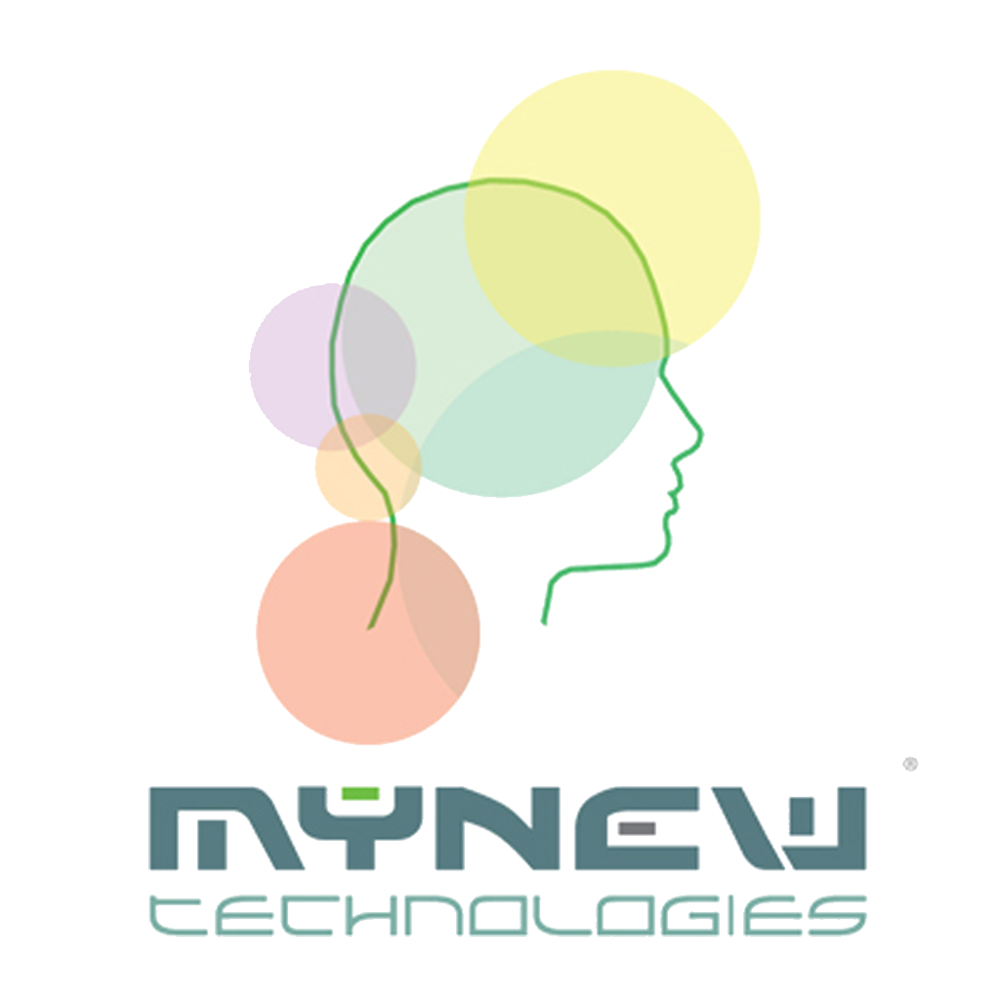We use cookies to make your experience better. To comply with the new e-Privacy directive, we need to ask for your consent to set the cookies. Learn more.

AI for Business: How Machine Learning is Transforming Decision-Making




In the ever-evolving business landscape, artificial intelligence (AI) is emerging as a game-changer, offering organizations the ability to leverage machine learning (ML) to make faster, smarter, and more data-driven decisions. The integration of AI in business isn't just about automating tasks but enabling more nuanced, real-time insights that help companies stay competitive. This post will dive into how AI is revolutionizing decision-making across industries by analyzing vast amounts of data, predicting trends, and optimizing operations.
What is Machine Learning in Business?
Machine learning, a subset of AI, involves systems that can learn from data and improve their performance over time without being explicitly programmed. Unlike traditional software, which follows predefined instructions, ML algorithms identify patterns in large data sets and use those insights to make predictions or decisions. In business, this technology is being used for everything from customer service automation to predictive analytics, ultimately enabling companies to make smarter decisions.
AI in Business: A New Era of Decision-Making
One of the core benefits AI brings to businesses is the ability to process and analyze vast amounts of data quickly and efficiently. Here are several ways in which AI is transforming decision-making:
- Data-Driven Insights
Traditionally, businesses relied on historical data to make future decisions. However, AI tools like machine learning models can analyze massive amounts of real-time data from various sources, providing up-to-date insights and identifying hidden trends. This ability to analyze real-time data allows companies to adapt quickly to changes in the market or customer behavior. - Predictive Analytics
AI-powered predictive models are helping businesses forecast future trends more accurately. By analyzing historical data and identifying patterns, AI can make informed predictions about sales, customer preferences, or market trends, allowing businesses to make proactive decisions. For example, retail companies use predictive analytics to manage inventory more efficiently and plan marketing campaigns based on future demand. - Automation of Routine Decisions
AI is not just helping businesses make better decisions; it is also taking over routine, repetitive decision-making tasks. By automating mundane decisions—such as approving loan applications, analyzing credit risk, or processing customer inquiries—businesses can free up their human workforce to focus on more strategic, creative, and value-driven work. - Personalized Customer Experience
Machine learning algorithms can help businesses deliver highly personalized customer experiences. By analyzing data from customer interactions, businesses can understand individual preferences and needs, allowing them to offer tailored product recommendations, targeted marketing campaigns, and customized user experiences. This personalized approach enhances customer satisfaction and boosts conversion rates. - Risk Management and Fraud Detection
AI's ability to detect patterns makes it highly effective in identifying anomalies or potential risks. In industries like finance, machine learning models are being used to detect fraudulent transactions in real time. By recognizing irregular behavior patterns, AI can flag suspicious activities before they result in significant financial losses.
Use Cases of AI in Business Decision-Making
AI's impact on business decision-making is widespread across industries, from retail to finance and healthcare. Here are a few real-world examples of how AI is being applied:
- Retail & E-commerce
In retail, AI is used to analyze customer behavior and predict purchasing patterns. By combining this data with machine learning models, businesses can optimize their inventory, ensuring that popular products are always in stock while reducing overstock. Moreover, AI-driven recommendation engines enhance the online shopping experience by suggesting products tailored to individual preferences. - Finance
In the finance sector, machine learning algorithms play a vital role in risk assessment, credit scoring, and fraud detection. AI models are designed to analyze a vast amount of financial data and identify patterns that indicate risky transactions. Banks and financial institutions rely on these algorithms to make lending decisions, detect fraudulent activities, and assess the overall health of their portfolios. - Healthcare
AI-powered systems in healthcare are helping doctors make more informed decisions about patient care. Machine learning algorithms can analyze medical records, lab results, and even images to assist in diagnosing diseases, predicting patient outcomes, and recommending treatments. This leads to faster, more accurate diagnoses, ultimately improving patient outcomes. - Manufacturing
Manufacturers use AI to optimize production processes, predict equipment maintenance, and reduce downtime. Predictive maintenance models analyze machine performance data to determine when a piece of equipment is likely to fail, enabling businesses to schedule maintenance proactively rather than reactively. This reduces operational downtime and increases efficiency.
Challenges in Implementing AI for Decision-Making
While AI offers immense potential, businesses face several challenges in implementing AI for decision-making:
- Data Quality and Availability
AI models rely on large, high-quality data sets to function accurately. However, many businesses struggle with poor data quality or incomplete data sets, which can lead to inaccurate predictions and flawed decision-making. Ensuring data integrity is a crucial first step before implementing AI solutions. - Understanding and Trusting AI
AI models can often feel like a "black box" to decision-makers who may not fully understand how the system arrived at a particular conclusion. This lack of transparency can make it difficult for businesses to trust AI-generated insights. Businesses must work on improving model interpretability and educating teams on AI capabilities to build trust in the technology. - Integration with Existing Systems
Implementing AI requires businesses to integrate new systems with their existing infrastructure. This can be a complex and costly process, especially for legacy systems. However, with careful planning and the right technology partners, businesses can integrate AI smoothly into their operations.
The Future of AI in Business Decision-Making
As AI technology continues to evolve, its role in business decision-making will only grow. Advanced AI models that incorporate natural language processing (NLP) and computer vision will provide even more robust decision-making capabilities, from automated customer service to real-time inventory management. Moreover, as businesses embrace AI ethics and transparency, they will build stronger relationships with customers, employees, and stakeholders.



